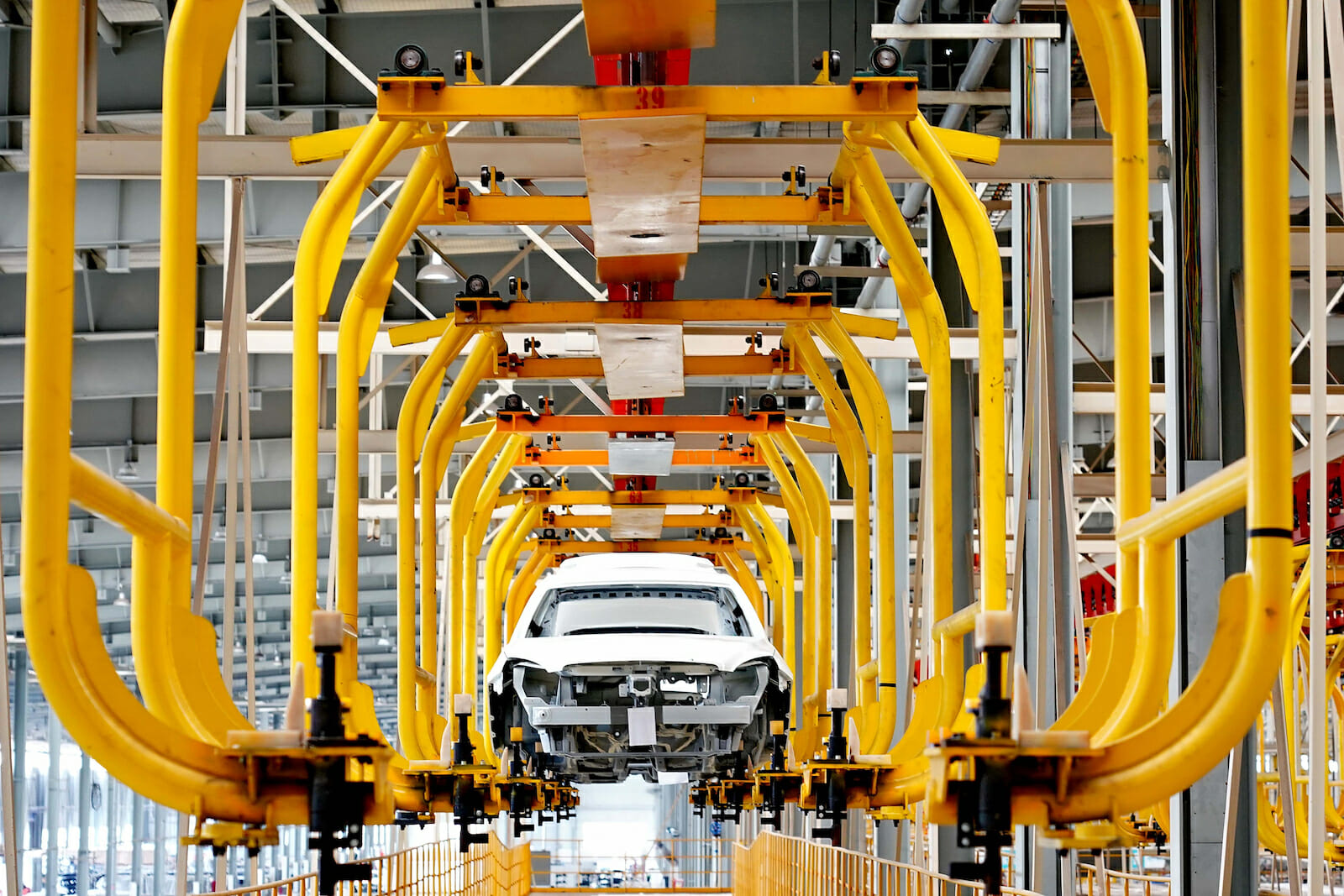
Business
Why Are American Companies Still Operating in China?
When China established itself as the epicenter of global manufacturing some 20 years ago, its lure was evident. Chinese labor was cheap and more than a billion potential consumers had whetted the appetite of many large businesses. Although over the past decade in particular, the country’s comparative advantages have been replaced by some distinct failings that should have prompted the world’s companies to think twice about whether to remain in the Chinese market, many have chosen to remain.
By 2000, China had already established near-monopoly status on the manufacture of a whole range of products that the world rapidly consumes. Just a decade ago, 91% of all personal computers, 80% of all air conditioners, 74% of global solar cells, 71% of cell phones, and 60% of all cement were being manufactured in China. The world was hooked on Chinese-made products and the Chinese government had its way with foreign companies choosing to manufacture goods there, enforcing many draconian operating requirements in an environment that most companies would never have agreed to endure anywhere else.
Among them is the requirement that all foreign businesses must generate their own foreign exchange so that the Chinese Central Bank did not need to deploy its foreign exchange reserves for foreign companies to utilize. As a result, in 2014, China has amassed an astronomical $4 trillion in foreign exchange reserves – more than 27 times that of the U.S. at the time. In addition, managerial and technological knowledge has been stripped from many foreign companies, which have also been forced to install Chinese CEOs.
The Chinese government has continued to routinely implement increasingly restrictive operating procedures. That makes it difficult for foreign businesses to ever hope to achieve, much less retain profitability, as does the government’s propensity to favor Chinese companies over foreign companies that produce similar products. The Chinese legal system is, in addition, riddled with corruption, crooked joint venture partners have become the norm, and retaining workers can be a real challenge.
China’s labor has not been cheap for a while now. Average hourly wages rose to $3.60 per hour in 2016, 64% over 2011, and more on par with countries such as Portugal and South Africa. By 2016, China was already just 4% less expensive to operate in than the U.S. China’s increasing strident economic nationalism, and protectionism has created a truly challenging operational environment. The Chinese government’s National Security and Cybersecurity Laws have also resulted in the wholesale theft of American corporate intellectual property on a grand scale.
The Chinese government has brought the trade war upon itself, and, unfortunately, also on the Chinese and American people, by raking America over the coals for decades. America has itself to blame for enduring it for so long. Similarly, the government has earned the indignation of American companies by enforcing grossly unfair trade and investment practices for decades. American companies also have themselves to blame for enduring that for so long. America has made itself hostage to China because of the degree to which we have allowed ourselves to become so dependent on China for products ranging from electronics to machinery to medicine.
So why are so many American companies still there? The “potential” allure of the world’s largest middle-class population remains the biggest reason, but at what point will American companies say they have had enough? Will they ever reach a breaking point? Or will the fantasy that hundreds of millions of Chinese consumers will be lining up to purchase American products as the trade war rages on preventing them from realizing that their dream of ever becoming fantastically successful there is just that – a dream. Some companies have already arrived at that conclusion. Others are in the process of doing so. It is time to come home.

